A Literary History Of Jack The Ripper

Deepika Asthana
August 31, 2018
The character of Jack the Ripper has fascinated writers for over 100 years and it is easy to see why. From the viciousness and time of the killings, the widespread fear, a police investigation that went nowhere to the sordid, taunting letters sent to the press by the Ripper (or someone pretending to be him), the murders had all the trappings of a perfect murder mystery. Apart from the gruesomeness of his crime, his enduring appeal perhaps lies in the fact that he was never caught. Over the last century, hundreds of theories with respect to the identity of the Ripper have been postulated while many self-proclaimed detectives have indicted various members of Victorian London and have gone as far as to cast aspersions on a member of the royal family.
Jack’s very nature is so mysterious, so elusive, that he can be used in almost any way desired. Authors have the license to speculate and portray The Ripper in however they please. He could be a psychotic madman, a symbol of political repression, or just a repressed member of the society. The appeal stems from the fact that he could be just about anybody and thus can easily fit into any role. This kind of literary license is gold in the hands of accomplished authors. Consequently, Jack the Ripper has made many appearances in literary fiction over the years and continues to titillate to this day.
Lowndes’ story revolves around an elderly couple who take in a mysterious fellow as a boarder. The couple soon notices that there is something not quite normal about their new boarder and are perturbed by his odd habits such as going out late at night, venting a religious mania, and burning certain articles of clothing. Fairly gripping, the suspense in the story comes from the tension created once the family realises that they have been sheltering a serial killer under their roof. Eventually, it is discovered that the man is indeed Jack the Ripper. The Ripper escapes but is later presumed killed. Nothing untoward happens to the family but they are very shaken by the experience. Lowndes’ novel was phenomenally successful and legitimised the use of the Ripper as a character.
Another famous Ripper story that caught the fancy of the general public was Robert Bloch’s Yours Truly, Jack the Ripper, which has been reprinted hundreds of times since its first appearance in 1943. While written as a piece of fiction, Bloch’s story is heavy on actual, factual details of the real-life murders. The ingredients in this one are far spicier as Bloch suggests that Jack actually escaped England and migrated to America. He throws in a bit of black magic for good measure. The narrator is swept into a wild search for the Ripper which brings him into the 20th Century. The killer, he is told, no longer ages because the killings are ritual sacrifices to a dark god. After a few twists and turns, it is revealed that it is actually the narrator who is the Ripper and he kills the man who has been hunting him for 50 years.
As England’s greatest specialist in crime detection, Sherlock Holmes is unwavering in his quest to capture Jack the Ripper. In addition to the steadfast and devoted Watson, Sherlock enlists the help of an “unfortunate” known as Mary Ann Monk, the friend of a fellow streetwalker who was one of the Ripper’s earliest victims. Things take a dark and uncertain twist when Holmes himself is wounded in Whitechapel during an attempt to catch the savage monster and the popular press starts questioning the role of the great detective in the murders. Stripped of his credibility, it now becomes essential for Holmes to uncover the identity of this monster. Other than being superbly woven, the book also makes for an interesting read as it explores the prospect of tracking a serial killer at a time when modern forensics was nowhere in the picture.
The Ripper makes an appearance in several other Sherlock Holmes’ novels which include Edward B. Hanna’s The Whitechapel Horrors and M.J. Trow’s Lestrade And The Ripper. There is even a story by Michael Dibdin, The Last Sherlock Holmes Story, in which Holmes is revealed to be the Ripper!

Writer, investor, crypto enthusiast, nomad, mother of twins and founder of ARNA Write Strategy (a content writing agency). Deepika is a heady mix of all of that and more.
Read her articles here.

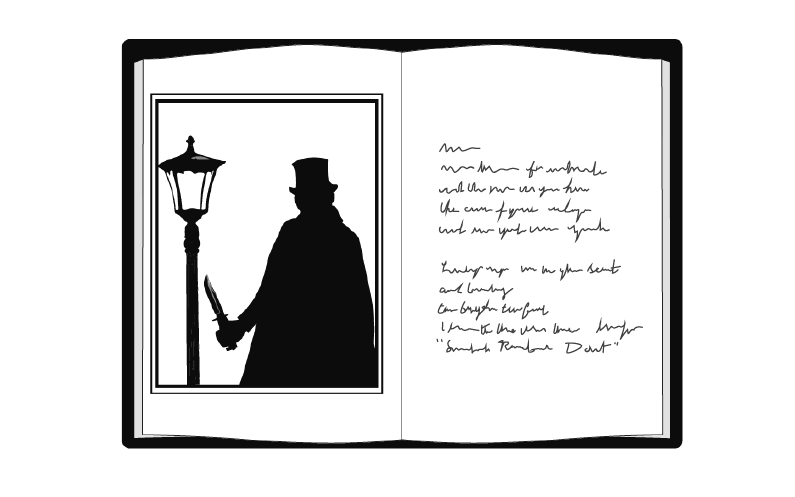
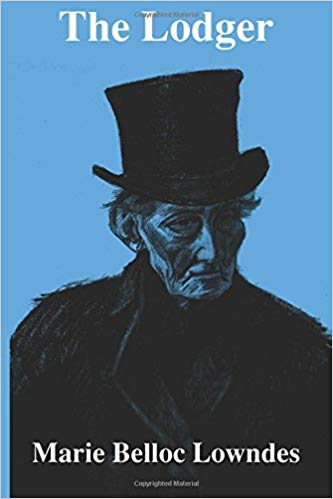
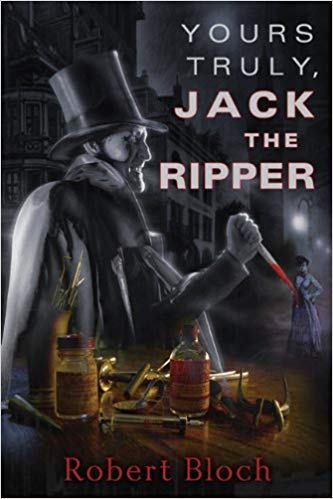
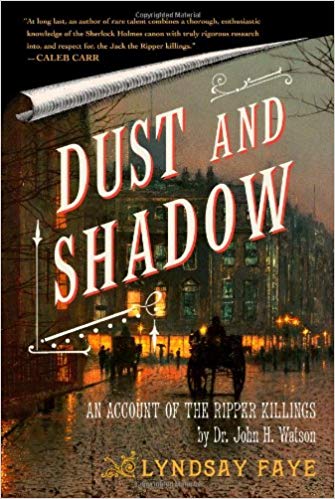
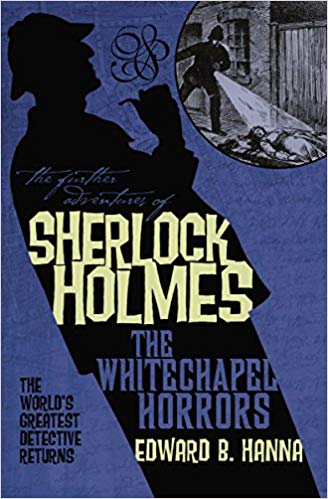
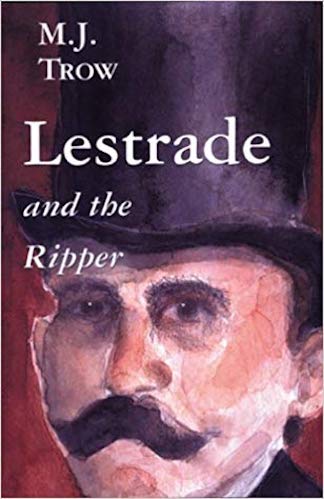

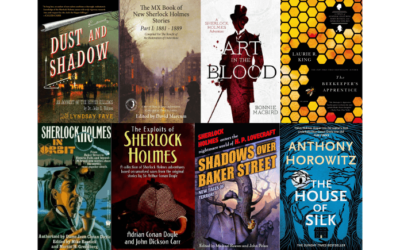
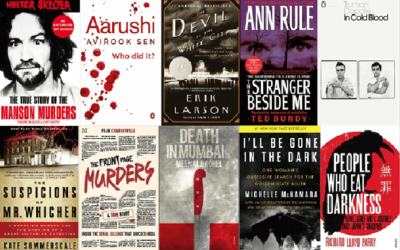

Very well written